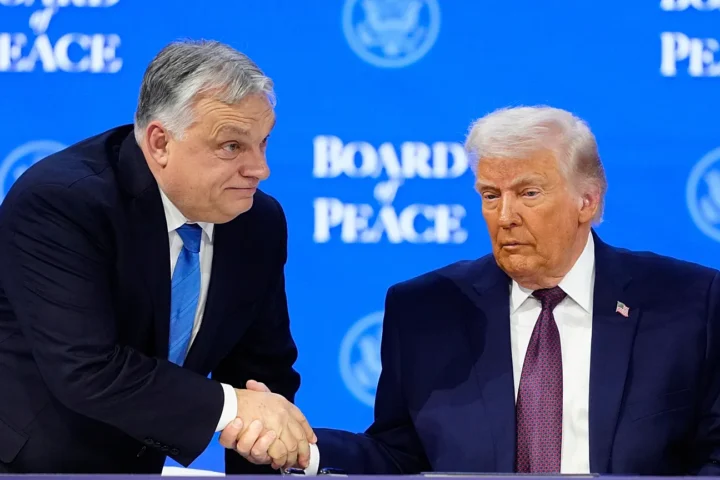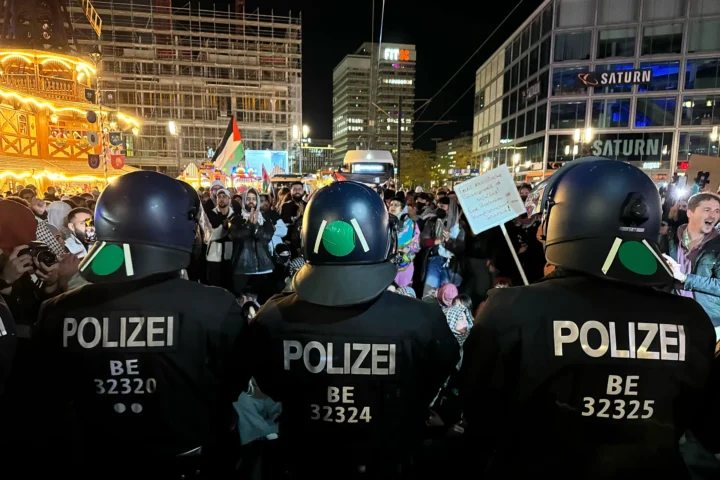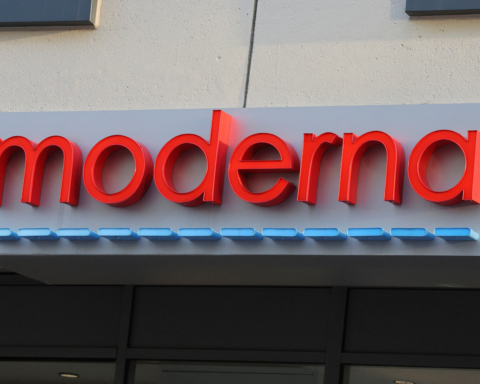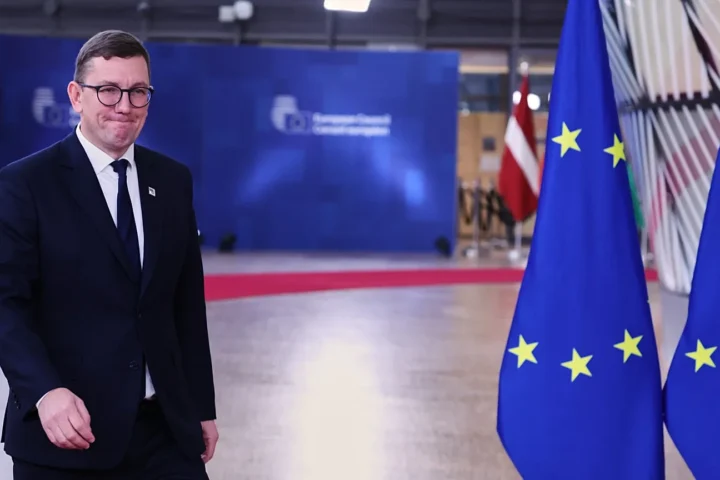Germany is navigating a complex immigration landscape in 2025, balancing the need for skilled labor with public concerns over integration and national security. Under Chancellor Friedrich Merz, the government has implemented a series of reforms aimed at addressing labor shortages while tightening immigration controls.
1. Skilled Worker Immigration
Germany faces a significant labor shortage, particularly in sectors like healthcare, IT, and engineering. To address this, the government has introduced several measures:
- Opportunity Card (Chancenkarte): This new residence permit allows non-EU nationals to reside in Germany for up to one year to seek employment. Applicants are assessed based on a points system considering factors such as professional qualifications, work experience, and language proficiency.
- EU Blue Card Adjustments: The minimum salary threshold for the EU Blue Card has been adjusted to make it more accessible for qualified professionals, particularly in shortage occupations.
- Recognition of Foreign Qualifications: Germany has streamlined the process for recognizing foreign educational and professional credentials, facilitating smoother integration into the labor market.
2. Family Reunification Restrictions
In a move to manage migration flows, family reunification for migrants with “subsidiary protection” status has been suspended for two years. This policy affects a significant number of individuals who do not qualify for full asylum but face risks if returned to their home countries. The suspension aims to alleviate pressure on housing, education, and social services, though it has faced criticism from human rights organizations and opposition parties.
3. Stricter Asylum and Border Controls
The government has implemented measures to curb irregular migration:
- Border Checks: Temporary border checks have been reinstated at land borders with neighboring countries to prevent unauthorized entries.
- Asylum Procedures: The introduction of fast-track asylum processing aims to expedite decisions, though concerns remain about compliance with EU law.
- Deportations: Efforts to increase deportations of individuals with rejected asylum claims are underway, including expanded detention periods and enhanced enforcement measures.
4. Digitalization and Bureaucratic Reforms
To streamline immigration processes, Germany has introduced digital platforms for visa applications and qualification recognition. These reforms aim to reduce processing times and improve efficiency, making Germany more attractive to skilled migrants.
5. Public Debate and Political Dynamics
The government’s immigration policies have sparked debate:
- Public Opinion: While some support measures to control migration, others express concerns about integration challenges and the rise of far-right sentiments.
- Political Landscape: The policies reflect a shift towards a more restrictive approach, influenced by the increasing influence of the Alternative for Germany (AfD) party.
Germany’s approach to managing the immigration crisis in 2025 involves a delicate balance between attracting skilled labor and addressing public concerns over integration and national security. The effectiveness of these policies will depend on their implementation and the broader political and social context.






